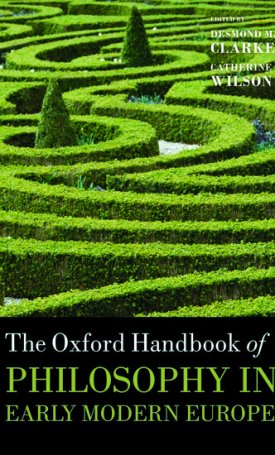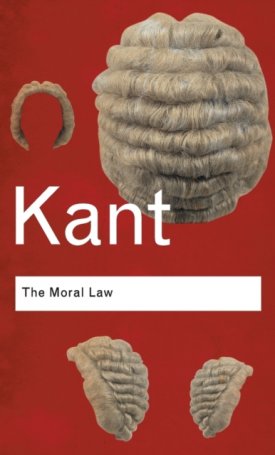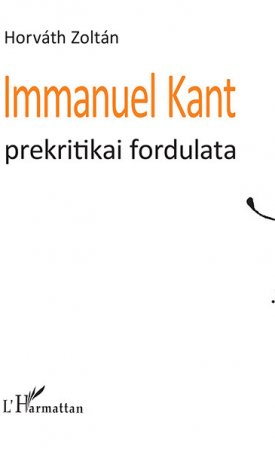The Oxford Handbook of Philosophy in Early Modern Europe
ISBN: 9780199671649
Language: english
Size: 170*245
Weight: 974 g
Page no.: 616
Publish year: 2013
The Oxford Handbook of Philosophy in Early Modern Europe
In this Handbook twenty-six leading scholars survey the development of philosophy between the middle of the sixteenth century and the early eighteenth century. The five parts of the book cover metaphysics and natural philosophy; the mind, the passions, and aesthetics; epistemology, logic, mathematics, and language; ethics and political philosophy; and religion.
The period between the publication of Copernicus's De Revolutionibus and Berkeley's reflections on Newton and Locke saw one of the most fundamental changes in the history of our way of thinking about the universe. This radical transformation of worldview was partly a response to what we now call the Scientific Revolution; it was equally a reflection of political changes that were no less fundamental, which included the establishment of nation-states and some of the first attempts to formulate a theory of international rights and justice. Finally, the Reformation and its aftermath undermined the apparent unity of the Christian church in Europe and challenged both religious beliefs that had been accepted for centuries and the interpretation of the Bible on which they had been based.
The Handbook surveys a number of the most important developments in the philosophy of the period, as these are expounded both in texts that have since become very familiar and in other philosophical texts that are undeservedly less well-known. It also reaches beyond the philosophy to make evident the fluidity of the boundary with science, and to consider the impact on philosophy of historical and political events--explorations, revolutions and reforms, inventions and discoveries. Thus it not only offers a guide to the most important areas of recent research, but also offers some new questions for historians of philosophy to pursue and to have indicated areas that are ripe for further exploration.
CONTENTS:
Notes on the Contributors
Abbreviations
Introduction
Part I: Metaphysics and Natural Philosophy
1. Essences and Kinds, Peter R. Anstey
2. From Causes to Laws, Tad M. Schmaltz
3. Space and Time, Emily Grosholz
4. The Mechanical Philosophy, Helen Hattab
5. Machines, Souls, and Vital Principles, Justin E. H. Smith
Part II: The Mind, the Passions, and Aesthetics
6. The Soul, R. W. Serjeantson
7. Ideas, Pauline Phemister
8. Qualities and Sensory Perception, Philippe Hamou
9. The Passions, Gabor Boros
10. Aesthetics, Alexander Rueger
Part III: Epistemology, Logic, Mathematics and Language
11. Sceptisism, Jose R. Maia Neto
12. Hypotheses, Desmond M. Clarke
13. Language and Semiotics, Jaap Maat
14. Form, Reason, and Method, Mary Tiles
15. Instruments of Knowledge, Jean-Francois Gauvin
16. Picturability and Mathematical Ideals of Knowledge, Stephen Gaukroger
Part IV: Ethics and Political Philosophy
17. Virtue and Vice, P. J. E. Kail
18. Egoism and Morality, Stephen Darwall
19. Realism and Relativism in Ethics, Catherine Wilson
20. The Free Will Problem, Paul Russell
21. The Equality of Men and Women, Eileen O'Neill
22. Natural Law as Political Philosophy, Ian Hunter
23. Sovereignty and Obedience, Ursula Goldenbaum
Part V: Religion
24. Conceptions of God, Steven Nadler
25. The Epistemology of Religious Belief, Desmond M. Clarke
26. Religious Toleration, Philip Milton


















